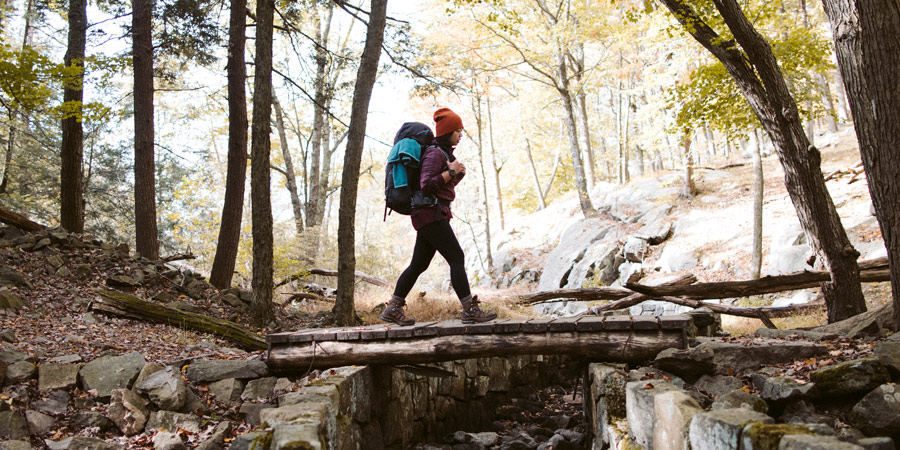While it may seem like hiking is the simple act of putting one foot in front of the other, if you are not experienced in the practice, it is worth doing some homework to ensure that you stay safe and have an enjoyable time. So, if you are looking for a few useful tips, you have certainly come to the right place here!
Start Easy and Build Up
If you have not done too much hiking in the past, it makes sense that you start off on trails that are too easy rather than too challenging. Ideally, you will select a route that is relatively flat in the first instance. Research your trails online and familiarize yourself with a map and the route outline. Work out if the trail is a circular route or whether you have to go back on yourself. Also, take into account any areas where you can stop for lunch.
Go Along with a Hiking Buddy
Rather than going alone, bringing along a hiking buddy will help to ensure that you are safe while you are out walking. Ideally, you will choose someone who is already experienced and can guide you along the way. However, if you want to improve your navigational skills, you may want to ask them to take a back seat and let you do most of the work. Just having their moral support can provide a major boost and can also help keep you safe as well.
Check the Weather
On your first few times out, you will probably not want to tackle weather that is too extreme. So, it is worth checking the forecast several times in the days and hours leading up to your hike. This way, you will be able to cancel your trip if necessary. Not only this, but you can also gain some valuable information on how you should dress and what you should pack.
Pack the Essentials
The equipment that you pack can make a big difference to your hiking trip. This article tells you all you need to know about best handheld GPS. As well as a navigation device, you will also need proper clothing such as a rain jacket, extra layers, and sunglasses. Sunscreen is important—especially at higher altitudes when you are more exposed. You will also need to bring along food and drink. First aid supplies will help to protect your health in the event of an accident—make sure a blister pack is included. A flashlight or headtorch will help if you get caught in the darkness.
Dress for Success
First of all, you will need the right shoes and socks. If you are going to buy new boots, you may need to break them in a bit first before your big hike. Wool or synthetic socks are always going to be better than cotton. In fact, avoid wearing cotton anything as it is liable to get damp and cause you to feel clammy—wear layers that you can shed depending on the temperature.
